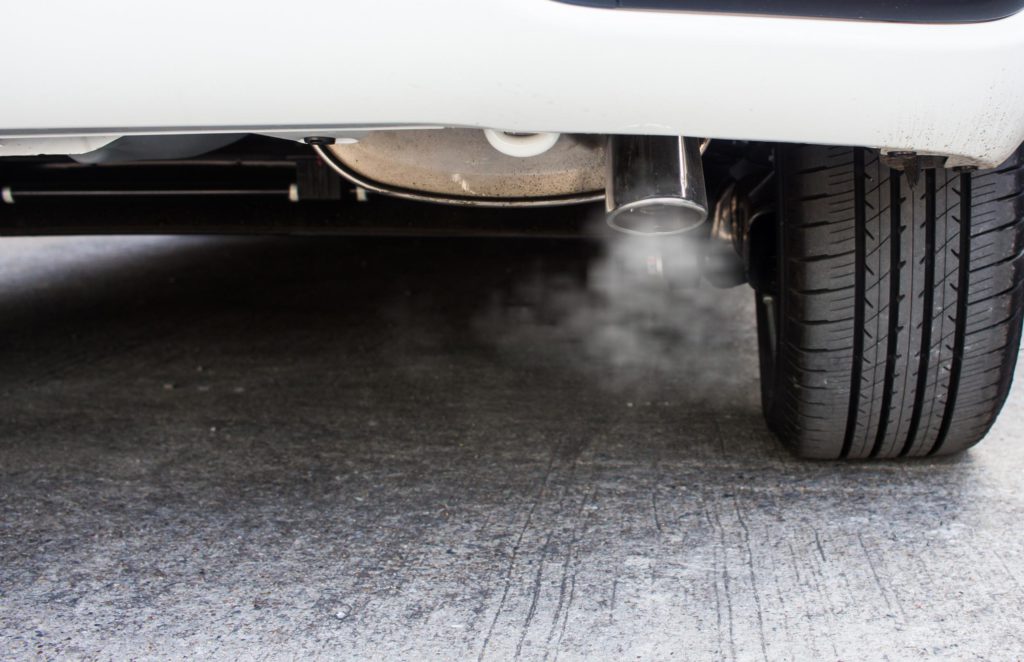German carmakers offer trade-in rebates for diesels that cannot receive software updates
03 August 2017

3 August 2017
In an update to the announcement from the Diesel summit meeting in Berlin on Wednesday (2 August), whereby more than five million cars in Germany will be recalled and retrofitted with a software update, trade-in rebates will also be offered for those diesel cars that cannot receive the update.
The German industry association VDA has said the recalls are already estimated to cost Germany’s carmakers about €500 million and the additional costs of offering discounts on cleaner new cars when trading in older diesel models, which cannot benefit from software upgrades, are expected to be even higher. Nevertheless, the total costs are still far lower than if the carmakers had been forced to upgrade vehicle engine and/or exhaust system hardware. Moreover, the further damage to the already tarnished reputation of diesel cars is also expected to be far lower than if they were to be subjected to driving bans in German cities.
BMW has released the most details so far on the carmakers’ approach to trade-in bonuses. The company outlined in a statement: ′Initially until 31 December 2017, owners of diesel vehicles that meet Euro 4 standards or less will be granted an environment bonus of up to €2,000 (amount dependent on model bought) when they trade in their vehicle and purchase a new BMW or MINI. Their chosen replacement must be either a BMW i3, a plug-in hybrid or a Euro 6-standard vehicle with CO2 emissions of up to 130 grams per kilometre (in the NEDC). This special campaign will begin soon, certainly before the end of August. The bonus is in addition to any other government incentives.’
As far as the vehicle recall itself is concerned, more details on the 5 million affected vehicles are coming to light, with BMW also outlining in its statement that ′experience gained through actual on-road driving between 2010 and 2015 means the BMW Group can offer an additional optimisation of the exhaust-treatment system for 225,000 of the Euro 5 models currently on the road in Germany – at no extra cost to the customer, of course.’
The BMW number may actually be higher if it extends to updating Euro 6 diesels, which fits with the breakdown of the 5 million units to be recalled as 3.8 million Volkswagen Group vehicles, 900,000 Daimler vehicles and 300,000 BMW units according to an article in Automotive News Europe. The article also reports: ′About half the fixes have already been carried out as part of Volkswagen Group’s response to its cheating scandal.’
Despite the efforts of the German Government and the automotive industry to reduce air pollution and recognition that these are only first steps, many still feel the measures agreed in the Diesel summit do not go far enough. For example, German Justice Minister Heiko Maas has still not ruled out diesel driving bans and in an interview with German newspaper Bild said: ′The legal requirements for clean air remain in effect.’
However, the most vocal comments have come from the DUH, the German environmental aid agency, which argued in a statement that the planned 25-30% reduction in NOx emissions from the software updates will actually only result in reductions of maximum 2-3% and therefore they are still pursuing diesel driving bans in 16 cities through the courts. ′Today’s summit is bad news for hundreds of thousands of people who will get sick and 10,600 who will die prematurely each year due to NOx,’ said DUH CEO JÜrgen Resch.